公司新聞
全深式就地冷再生施工工藝特點介紹
來源:http://www.beianedu.cn/ 日期:2023-11-13
全深式就地冷再生施工工藝需要將瀝青路面中全部厚度的瀝青面層與預定比例匯總的下臥層統(tǒng)一進行粉碎與攪拌融合在一起,以此來提供升級的均勻基層材料的維修技術。若舊材料中沒有足夠的力學性能與結構強度承載預期中的荷載,那么就需要在其中加入新的集料,同時也需要按照一定的比例加入定量的化學穩(wěn)定劑,以此來達到預期的效果。
The full depth on-site cold recycling construction process requires the crushing and mixing of the entire thickness of the asphalt surface layer in the asphalt pavement and the predetermined proportion of the underlying layer, in order to provide upgraded and uniform base material maintenance technology. If the old material does not have sufficient mechanical properties and structural strength to carry the expected load, then new aggregates need to be added to it, and a certain proportion of chemical stabilizers need to be added to achieve the expected effect.
在全深式就地冷再生施工工藝操作中需要再生層的下承層完好無損,且它的厚度應不低于10cm,同時也需要盡可能的滿足結構層面所需的強度需求。在全深式就地冷再生技術中,其中厚度對于單一壓實層在使用水泥與石灰時要把厚度控制在15~25cm之間。在使用乳化瀝青以及泡沫瀝青材質(zhì)時厚度則需要控制在8~16cm之間。單層冷再生層面若厚度過厚那么在壓實該層面時就會出現(xiàn)問題,導致相關器械無法壓實該層面,特別在越下方的越不易被壓實。在滿足壓實度要求的再生層中,除了應在平均壓實度方面達到要求之外,表層5cm與底部5cm之間的密度差距應控制在2%以內(nèi)。當然在施工過程中也可以選擇雙層再生,這就需要把存有一定厚度的表層材料進行銑刨,然后再對下面的路面進行就地冷再生,接著將銑刨的表層材料進行攪拌融合再進行鋪設。雙層再生層面鋪設不受之前所描述的厚度的限制。
In the process of full depth on-site cold regeneration construction, it is necessary to ensure that the lower bearing layer of the regeneration layer is intact and undamaged, and its thickness should not be less than 10cm. At the same time, it is also necessary to meet the strength requirements of the structural layer as much as possible. In the full depth in-situ cold regeneration technology, the thickness of a single compacted layer should be controlled between 15-25cm when using cement and lime. When emulsified asphalt and foam asphalt materials are used, the thickness should be controlled within 8~16cm. If the thickness of the single-layer cold regeneration layer is too thick, there will be problems when compacting the layer, causing the relevant equipment to be unable to compact the layer, especially the lower layer, which is less likely to be compacted. In the recycled layer that meets the compaction requirements, in addition to meeting the average compaction requirements, the density difference between the surface 5cm and the bottom 5cm should be controlled within 2%. Of course, double-layer regeneration can also be chosen during the construction process, which requires milling the surface material with a certain thickness, then conducting on-site cold regeneration on the underlying road surface, and then mixing and fusing the milled surface material before laying. The double layer recycled layer laying is not limited by the thickness previously described.
(2)全深式就地冷再生施工中所使用的機械設施設備
(2) Mechanical facilities and equipment used in full depth on-site cold regeneration construction
在運用全深式就地冷再生施工工藝時不需要使用大型機械設備,主要使用的機械設備包含再生設備、穩(wěn)定劑添加設備、平地機以及壓路機。
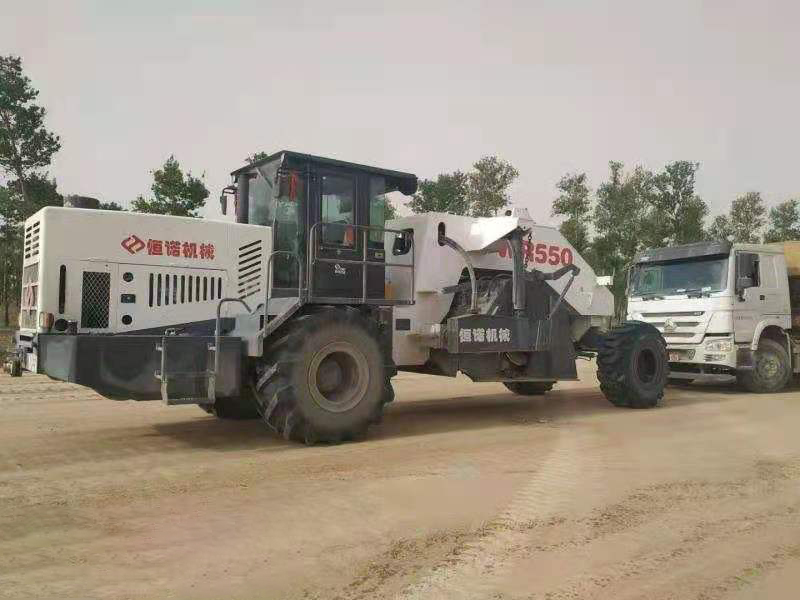

When using the full depth on-site cold regeneration construction process, there is no need to use large mechanical equipment. The main mechanical equipment used includes regeneration equipment, stabilizer adding equipment, graders, and rollers.
冷再生機主要的功能就在于粉碎與回收材料,它在全深式就地冷再生施工工藝操作中占據(jù)著主要的位置。冷再生機可以粉碎、攪拌30cm厚度的瀝青路面及下臥層材料。在冷再生機設備中的滾筒中應該裝置可以進行替換的碳化鎢齒刀具,同時還應裝有人力操作與自動操作的裝置,另外這一設備也應可以有效的調(diào)節(jié)滾筒轉(zhuǎn)動速度,以此來適應不同厚度材質(zhì)的粉碎與攪拌。
The main function of the cold regeneration machine is to crush and recover materials, and it occupies a major position in the operation of the full depth on-site cold regeneration construction process. The cold recycling machine can crush and mix asphalt pavement and underlying layer materials with a thickness of 30cm. In the cold regeneration equipment, tungsten carbide toothed cutting tools that can be replaced should be installed in the drum, and manual and automatic operation devices should also be installed. In addition, this equipment should be able to effectively adjust the rotation speed of the drum to adapt to the crushing and mixing of materials with different thicknesses.
另外再生材料中若含水量沒有達到既定標準那么就需要讓其在通過干燥的過程中達到既定含水量標準,另外若再生材料過干,那么也需要補足水分。冷再生機就可以配備相應的水噴頭對再生材料添加水分,在對再生材料粉碎以及攪拌的過程中也可以進行水分的添加,同時在這時添加水分也能更好的進行估計。
In addition, if the moisture content of recycled materials does not meet the established standards, it is necessary to make them meet the established moisture content standards during the drying process. In addition, if the recycled materials are too dry, it is also necessary to replenish the moisture. The cold regeneration machine can be equipped with corresponding water nozzles to add water to the recycled material. During the process of crushing and stirring the recycled material, water can also be added, and adding water at this time can also better estimate.
當在再生材料中添加穩(wěn)定劑時,若添加的穩(wěn)定劑為粉狀物,那么就需要定量攤鋪撒料。干粉穩(wěn)定劑可以在粉碎瀝青層路面時加入也可以在冷再生機攪拌再生材料之前加入。不夠粉狀物的穩(wěn)定劑會受到天氣因素的影響,另外在定量攤鋪撒料操作中也易于產(chǎn)生塵霧,對施工操作人員和環(huán)境有著極大的影響。當穩(wěn)定劑為液體狀態(tài)加入到冷再生機中時,需要隨帶的計算機液體添加系統(tǒng)對各個液體添加量進行精準計算,同時也需要有一個與冷再生機前進速度相關的正互鎖系統(tǒng),從而使得液體穩(wěn)定劑的添加量跟隨著冷再生機運行的變化而發(fā)生變化。
When adding stabilizers to recycled materials, if the added stabilizers are in powder form, then a quantitative spreading of the material is required. Dry powder stabilizer can be added during the crushing of asphalt layer pavement or before the cold recycling machine mixes the recycled material. Insufficient stabilizer for powdery materials can be affected by weather factors, and in addition, it is prone to generate dust and mist during quantitative paving and spreading operations, which has a great impact on construction operators and the environment. When the stabilizer is added to the cold regeneration machine in a liquid state, the accompanying computer liquid addition system needs to accurately calculate the amount of each liquid added, and there is also a positive interlock system related to the forward speed of the cold regeneration machine, so that the amount of liquid stabilizer added changes with the operation of the cold regeneration machine.
當冷再生機完成粉碎與攪拌融合任務后就需要運用到平地機進行鋪設與整形操作。在再生材料鋪設中對其鋪設的厚度有著嚴謹?shù)男枨螅虼嗽趬郝窓C的選擇上就會偏重、大。因此經(jīng)過壓路機的作用能夠讓再生材料的鋪設更加的完整、自然,能夠圓滿完成自身所需要完成的任務量,以此保證所鋪設的路面能夠滿足使用需求,能夠承載預期設計時的載重、荷載。
After the cold regeneration machine completes the task of crushing and mixing fusion, it needs to be applied to the grader for laying and shaping operations. In the laying of recycled materials, there is a strict demand for their thickness, so the selection of rollers will be biased and large. Therefore, through the action of a roller, the laying of recycled materials can be more complete and natural, and the required amount of tasks can be successfully completed. This ensures that the paved road surface can meet the usage requirements and bear the expected design load and load.
(3)全深式就地冷再生施工工藝技術
(3) Full depth on-site cold regeneration construction technology
首先要進行施工放樣,檢查全深式就地冷再生相關機械設施設備的準備情況,以及備料情況,接著再進行定格操作、鋪設水泥,在這一步驟中需要對水泥的用量進行細致的檢查。接著再使用冷再生機加水進行攪拌工作,這一步驟也需要檢查水泥劑量與用水量,一定要按照規(guī)定的標準以及需求使用相關材料,當攪拌完成后就將其鋪設至路面,通過使用羊角碾進行初步碾壓,在碾壓過程中需要檢測厚度,厚度也需要按照相關要求進行操作。接下來就使用平地機進行壓平操作,這一步驟中需要補充灑水,同時施工人員要配合平地機進行壓平操作,避免一些地方操作漏失。然后再運用光輪壓路機對平地機壓過的路面進行復壓,在復壓過后膠輪壓路機要再壓一次,同時在這個過程中要檢測路面各個指標是否達到了設計要求。當以上操作都符合操作規(guī)范與各項指標后就需要將修復的這段瀝青路面安置安全防撞筒覆蓋土工布進行養(yǎng)生,以便之后更好的投入到使用中。
Firstly, construction layout should be carried out to check the preparation status of mechanical facilities and equipment related to full depth on-site cold regeneration, as well as the preparation status of materials. Then, the freezing operation and laying of cement should be carried out. In this step, a detailed inspection of the cement dosage is required. Next, use a cold recycling machine to add water for mixing work. This step also requires checking the cement dosage and water consumption. It is necessary to use relevant materials according to the specified standards and requirements. After mixing is completed, it is laid on the road surface and preliminary rolling is carried out using a sheep horn roller. During the rolling process, the thickness needs to be tested and operated according to relevant requirements. Next, use a land leveler for flattening operation. In this step, additional watering is required, and construction personnel should cooperate with the land leveler for flattening operation to avoid missing operations in some areas. Then, a smooth wheel roller is used to re press the road surface that has been pressed by the grader. After re pressing, the rubber wheel roller needs to perform a final press, and during this process, it is necessary to check whether the various indicators of the road surface meet the design requirements. After all the above operations comply with the operating specifications and various indicators, it is necessary to place a safety anti-collision cylinder on the repaired asphalt pavement and cover it with geotextile for health preservation, in order to better put it into use in the future.
在運用全深式就地冷再生施工工藝時需要首先將機械設備配備好,按照施工過程中所需要運用到的各項機械設備來按套配備,以此保證該工藝在施展時井然有序,避免手忙腳亂現(xiàn)象的發(fā)生。當建設施工過程中所需的設施設備到位后就需要對所需要使用到的各種材料用量進行計算。例如在水泥穩(wěn)定劑通過干粉狀加入時,應先計算出所需要摻和多少數(shù)量的水泥。公式為:水泥用量(kg/㎡)=壓實厚度(m)×大干容量(kg/m?)×壓實度(%)×水泥劑量(%)/(1+水泥劑量(%))。通過這一公式來計算水泥用量,再推算水泥穩(wěn)定劑用量。
When using the full depth on-site cold regeneration construction process, it is necessary to first equip the mechanical equipment according to the various mechanical equipment required during the construction process, in order to ensure that the process is carried out in an orderly manner and avoid the occurrence of confusion. After the necessary facilities and equipment are in place during the construction process, it is necessary to calculate the amount of various materials needed. For example, when adding cement stabilizers in a dry powder form, the required amount of cement should be calculated first. The formula is: cement dosage (kg/㎡)=compacted thickness (m) × Maximum dry capacity (kg/m?) × Compaction degree (%) × Cement dosage (%)/(1+cement dosage (%)). Calculate the cement dosage using this formula, and then calculate the cement stabilizer dosage.
在全深式就地冷再生施工工藝操作過程中還能夠運用到一種預布材料,其中預布水泥需要對預布的長度進行控制,以此保障冷再生機在攪拌再生材料時能夠正常運行。另外也需要依據(jù)冷再生機的行駛速度以及路面坡度、橫坡的大小來確定預布的長度,在一般情況中預布長度為80~150m,在冷再生機攪拌再生材料的同時進行撒布操作,避免過往車輛在行駛過程中車速過快帶動預布造成污染,從而也對材料造成一定的損失、浪費。
In the process of fully deep on-site cold recycling construction, a pre laid material can also be used, in which the length of the pre laid cement needs to be controlled to ensure the normal operation of the cold recycling machine when mixing the recycled material. In addition, the length of pre distribution also needs to be determined based on the driving speed of the cold recycling machine, as well as the size of the road slope and cross slope. In general, the pre distribution length is 80-150 meters. It is best to carry out the distribution operation while the cold recycling machine is stirring the recycled material to avoid pollution caused by passing vehicles driving too fast during the process, which also causes certain losses and waste of materials.
在運用全深式就地冷再生施工工藝修補路面的過程中,冷再生機能夠處理的寬度一般會與路面的寬度之間存在著一定的差距,因此就需要多次進行粉碎操作來處理需要修補的瀝青路面,基于此就會使得路面出現(xiàn)多個縱向接頭以及一些搭接現(xiàn)象。
In the process of using the full depth on-site cold recycling construction technology to repair the road surface, there is generally a certain gap between the width that the cold recycling machine can handle and the width of the road surface. Therefore, multiple crushing operations are required to treat the asphalt road surface that needs to be repaired, which can cause multiple longitudinal joints and some overlapping phenomena on the road surface.
其中冷再生機的工作速度對于一天之中能夠修補多少瀝青路面存在著極大的影響。在這之中瀝青路面的厚度、硬度以及需要加入到再生材料中的下臥層的厚度、再生材料的要求和冷再生機的生產(chǎn)能力等等都會對冷再生機的工作效率造成一定的影響。
The working speed of cold revitalization has a great impact on how much asphalt pavement can be repaired in a day. The thickness and hardness of asphalt pavement, as well as the thickness of the underlying layer that needs to be added to the recycled material, the requirements for the recycled material, and the production capacity of the cold recycling machine will all have a certain impact on the working efficiency of the cold recycling machine.


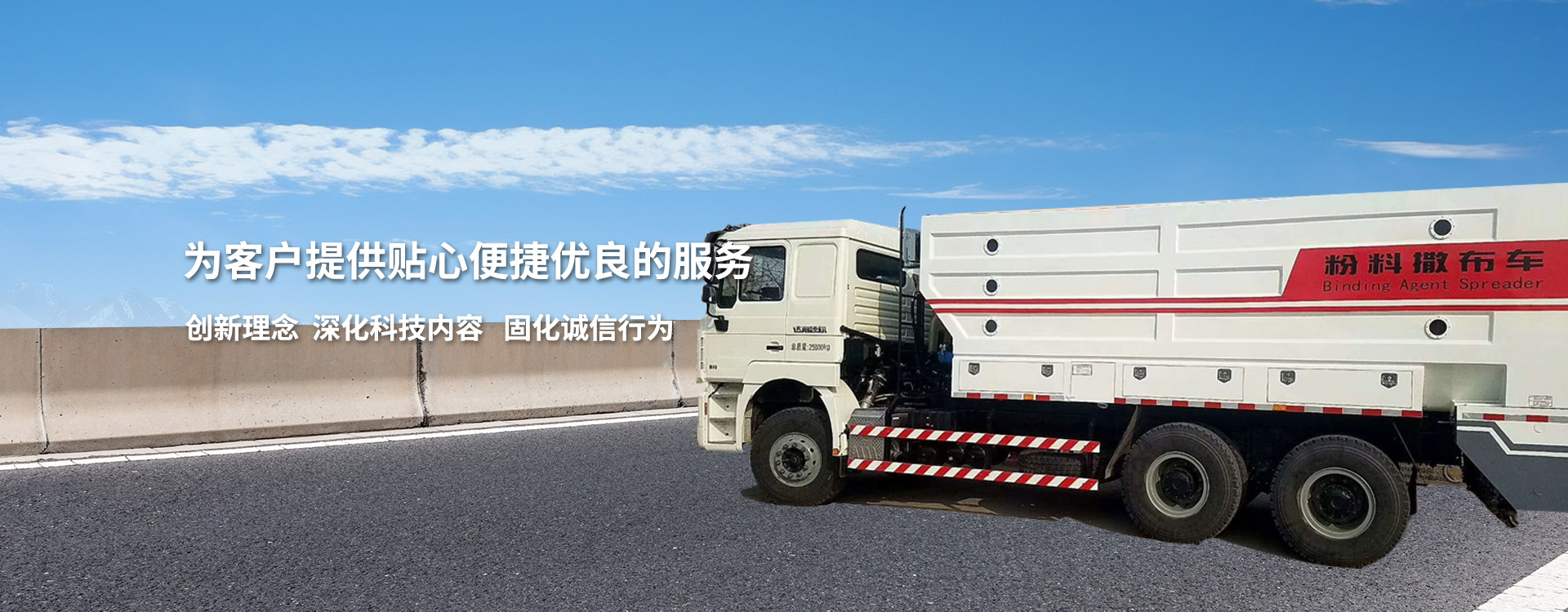
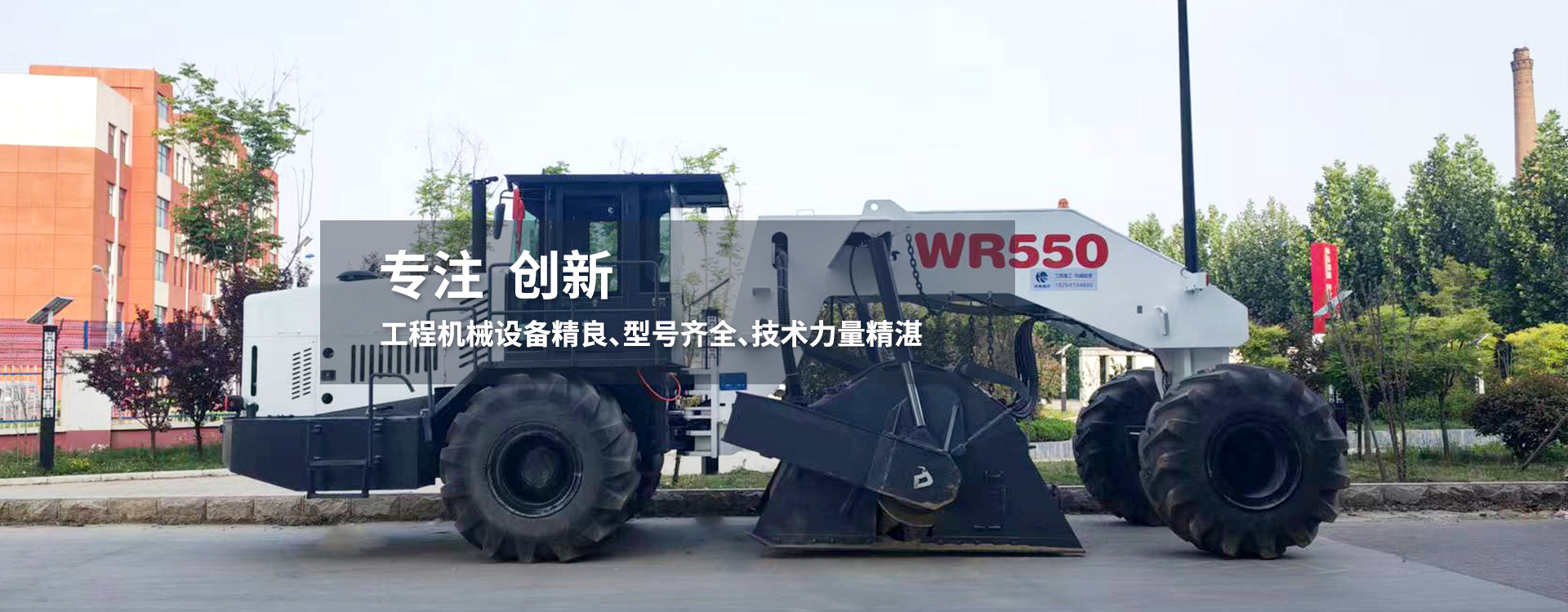

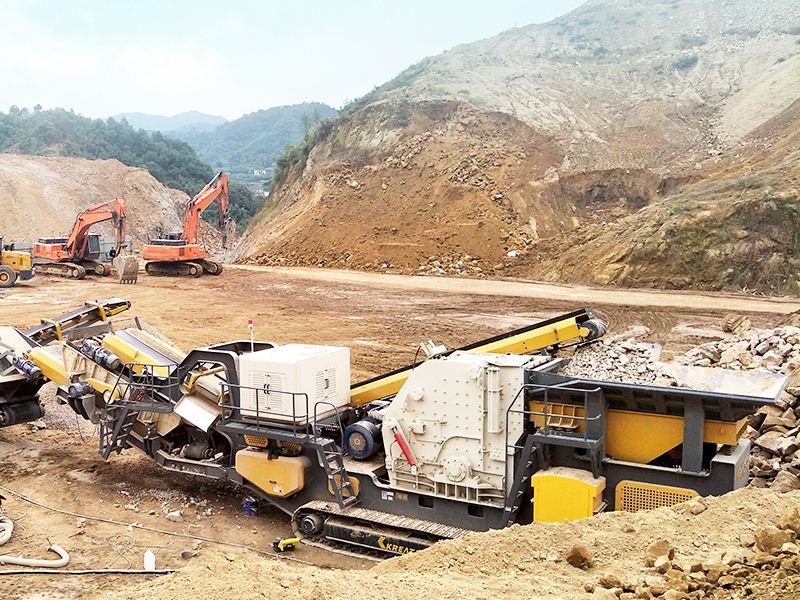
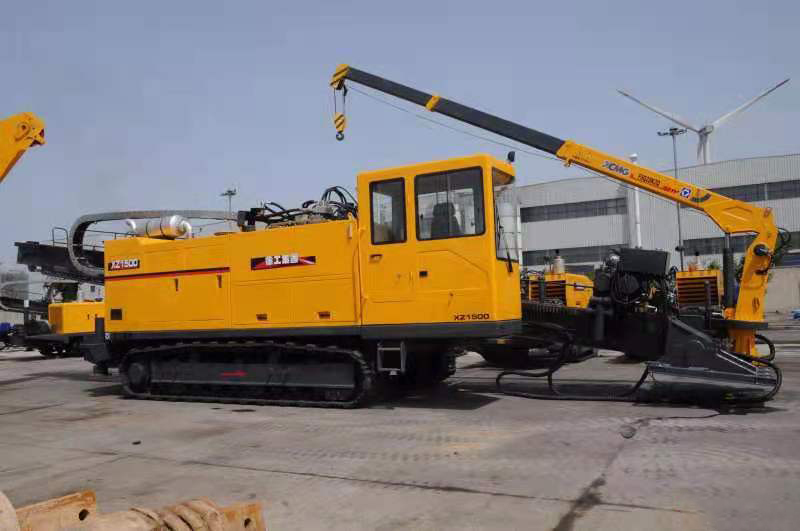
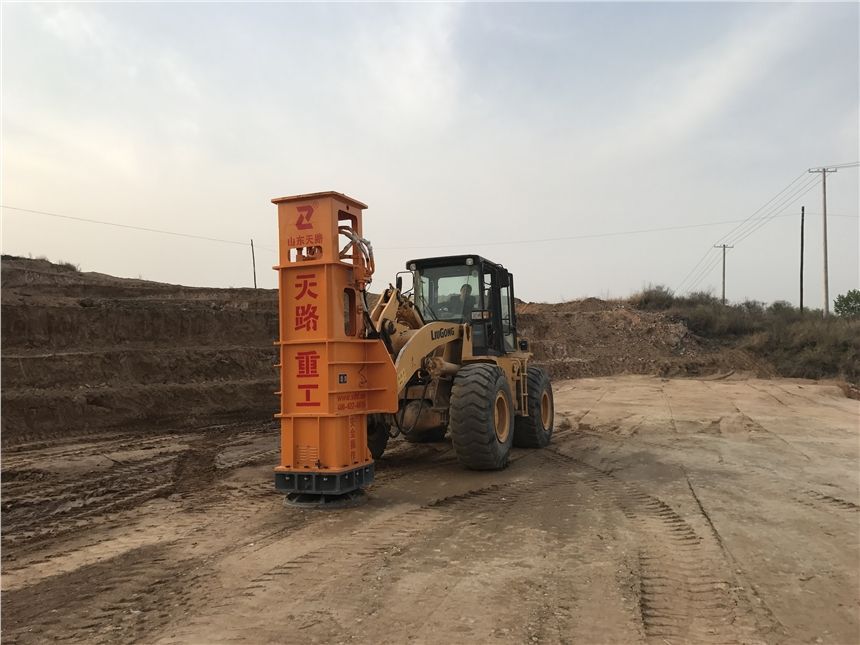
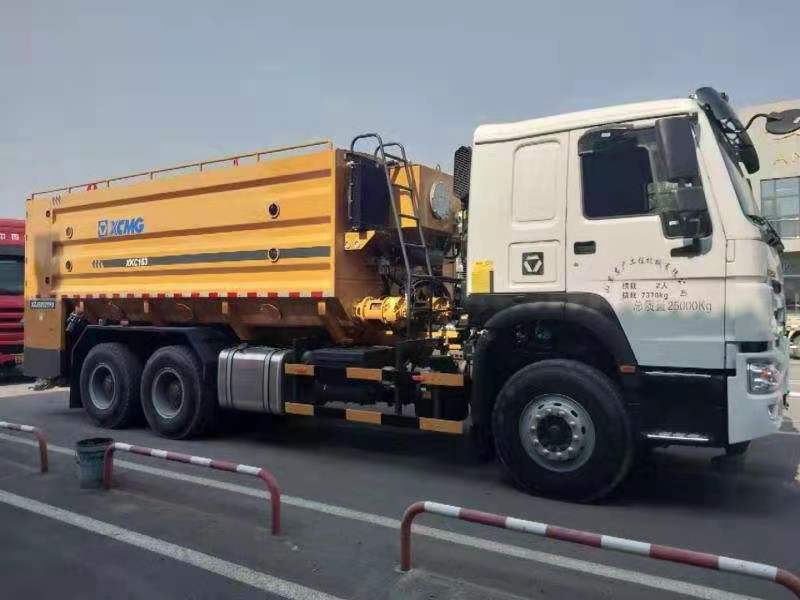
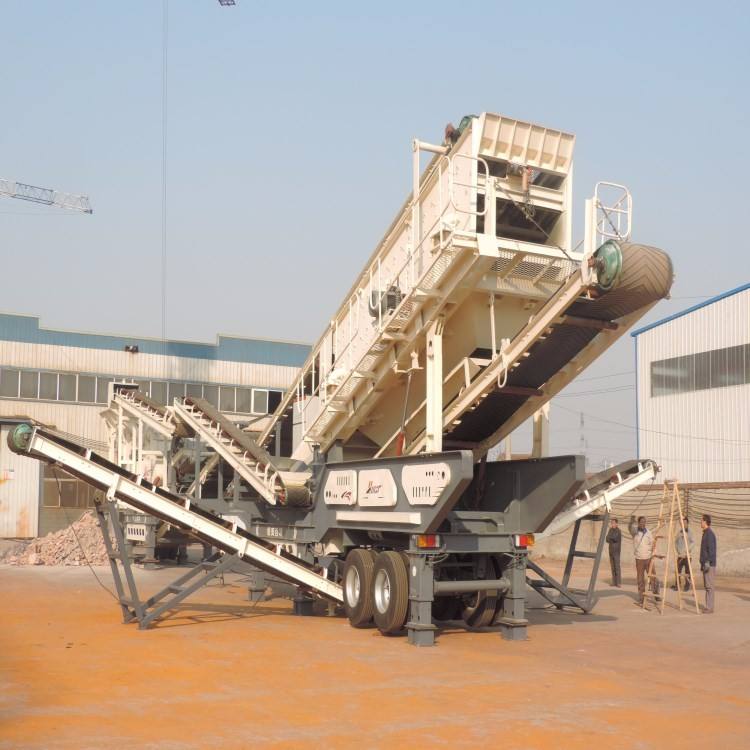

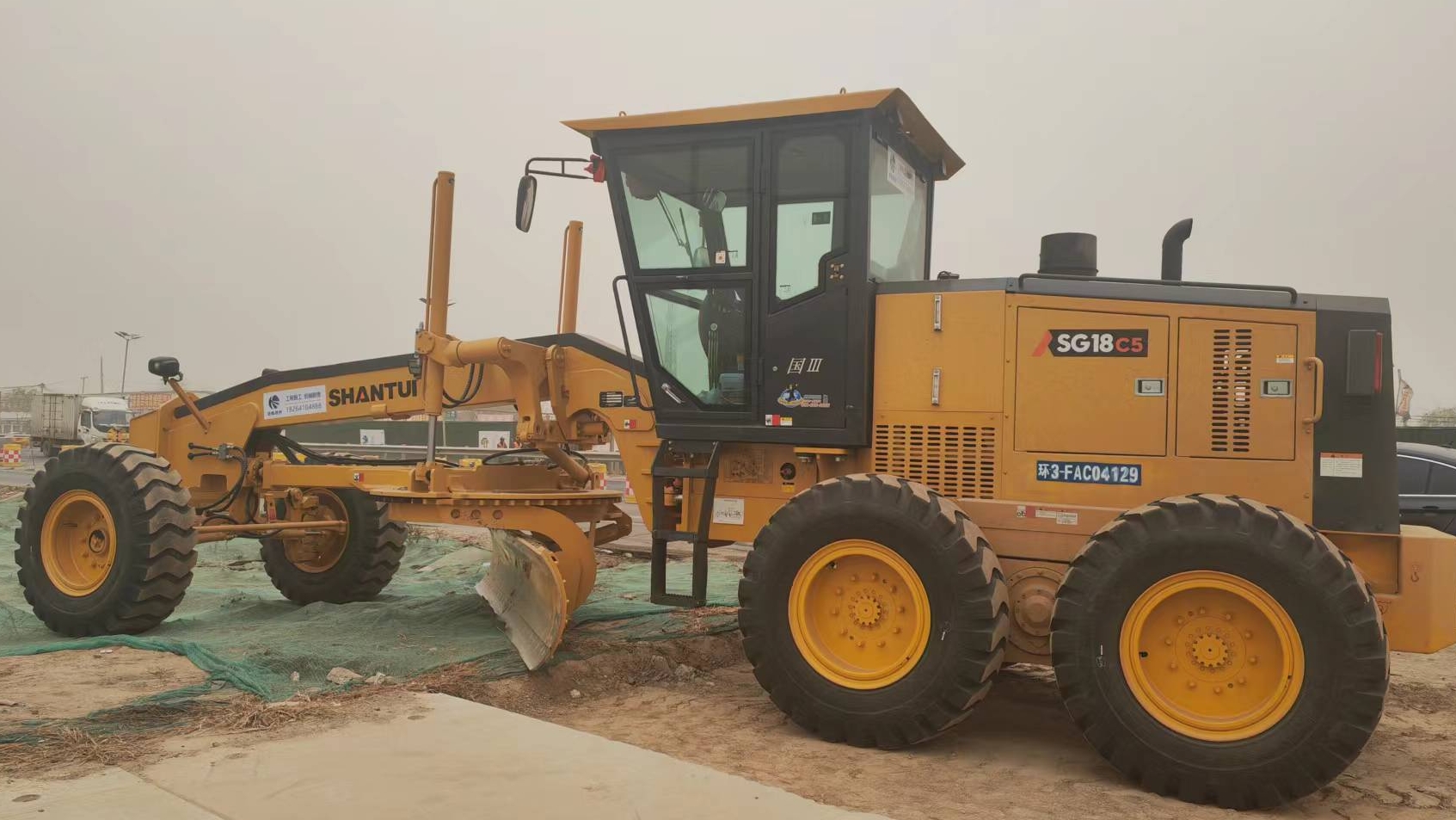
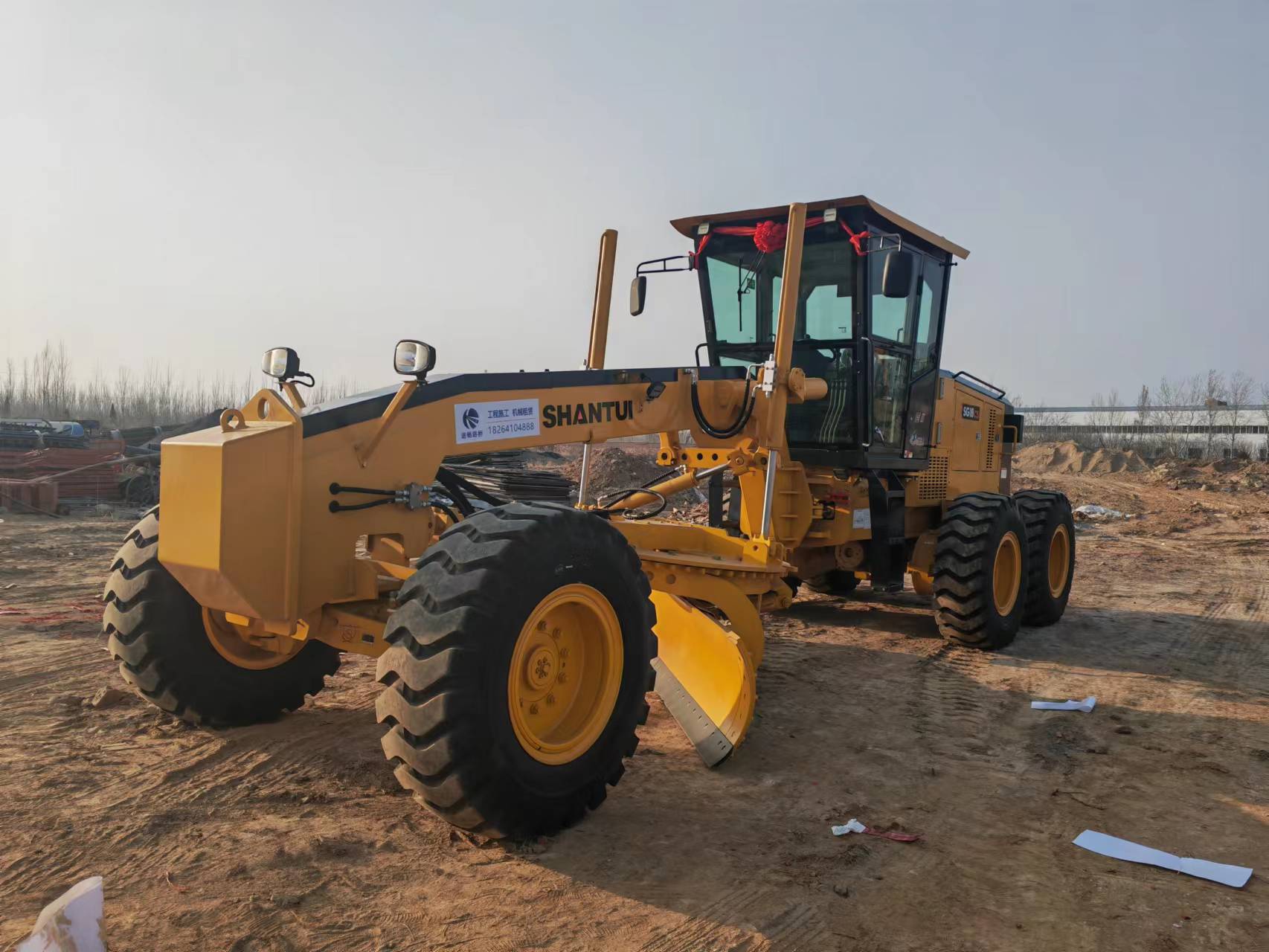
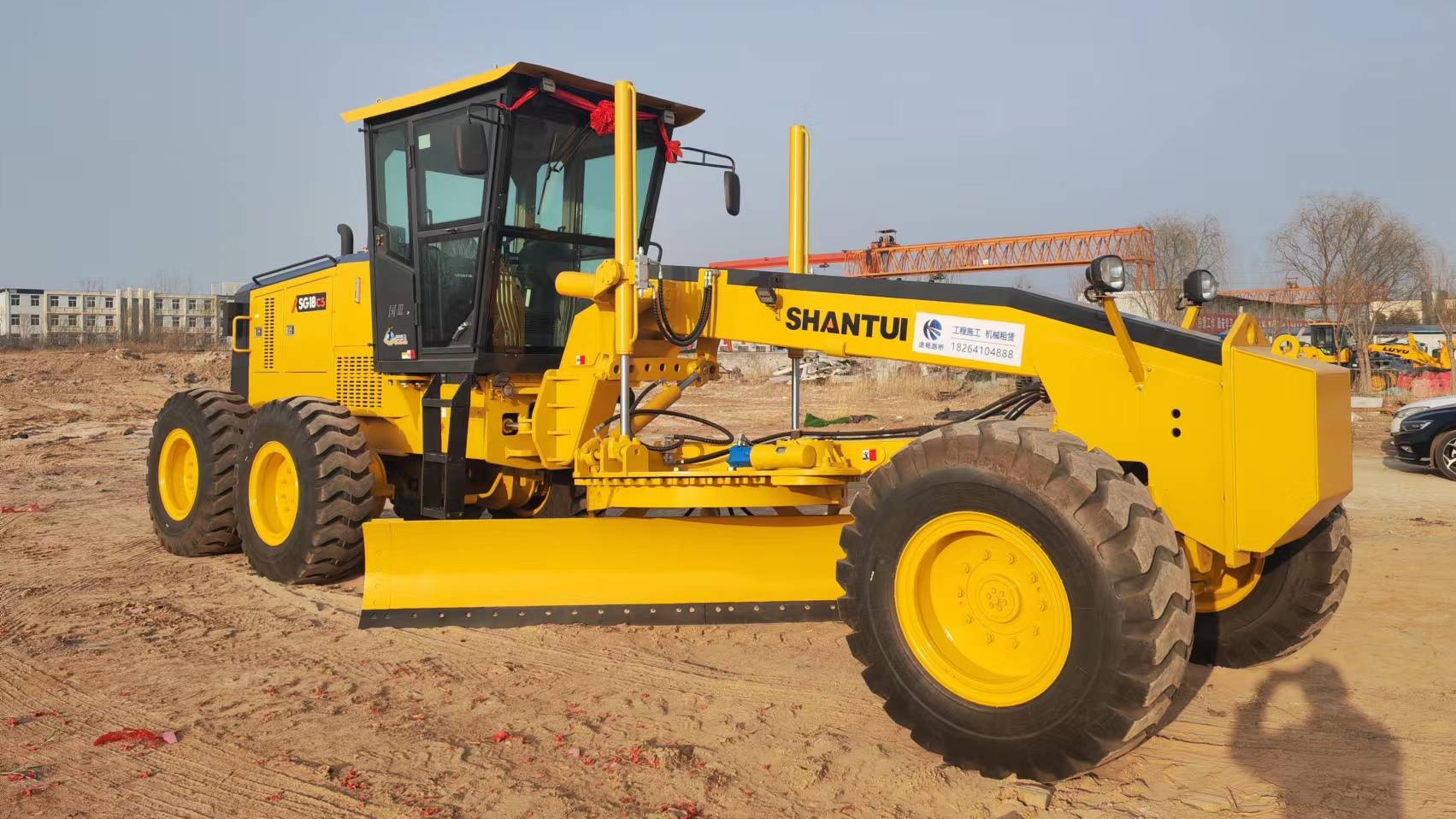
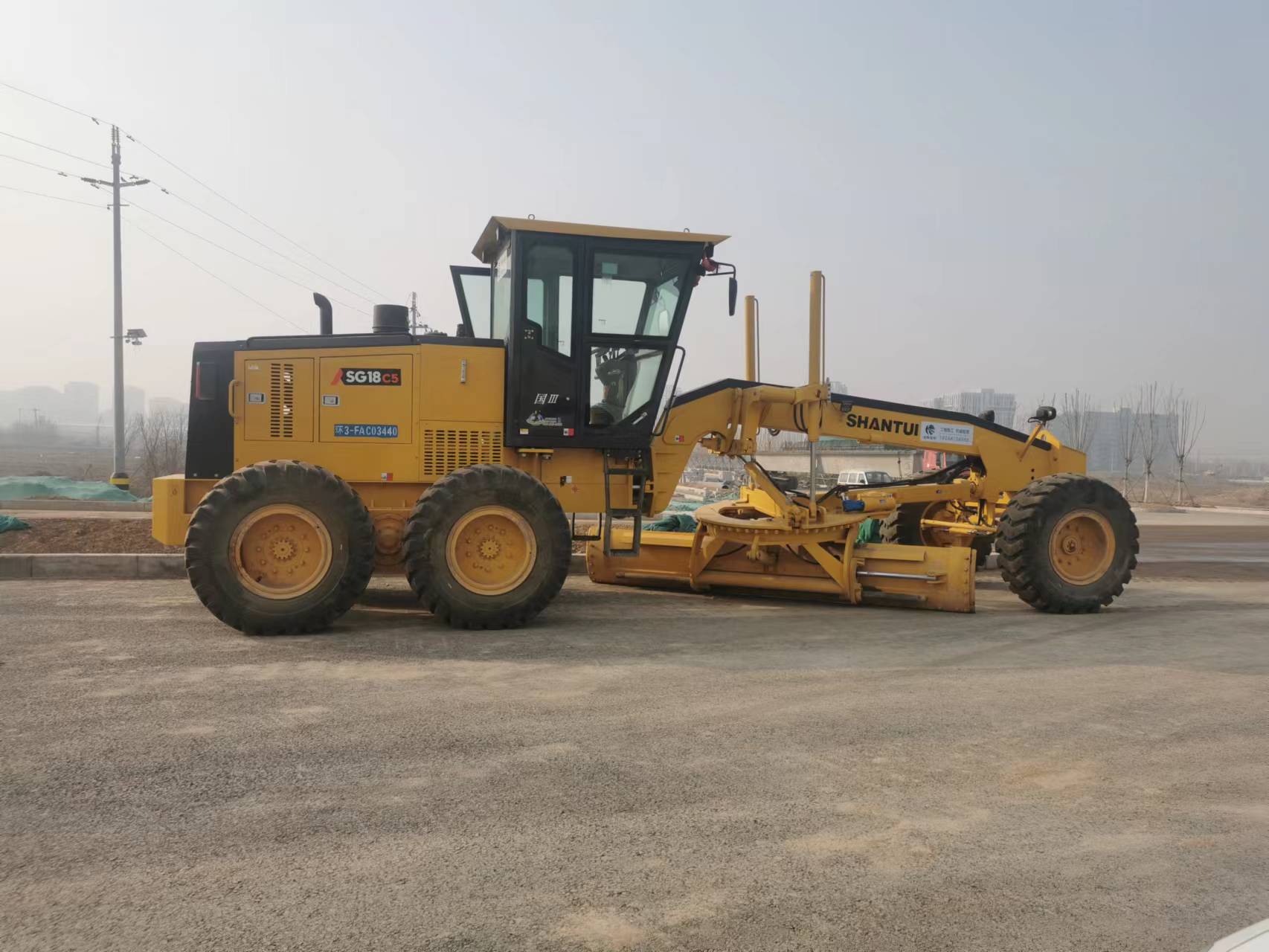
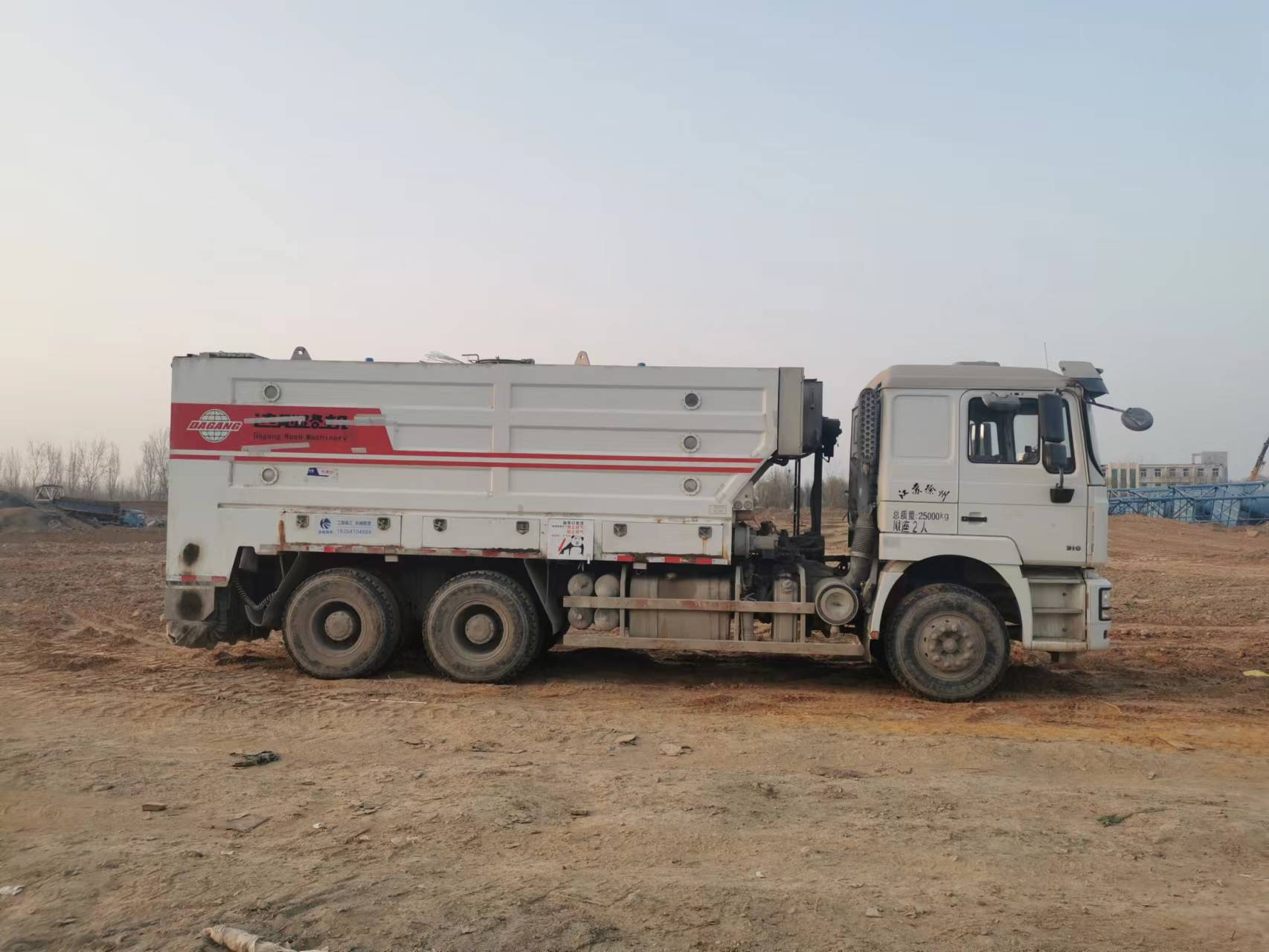
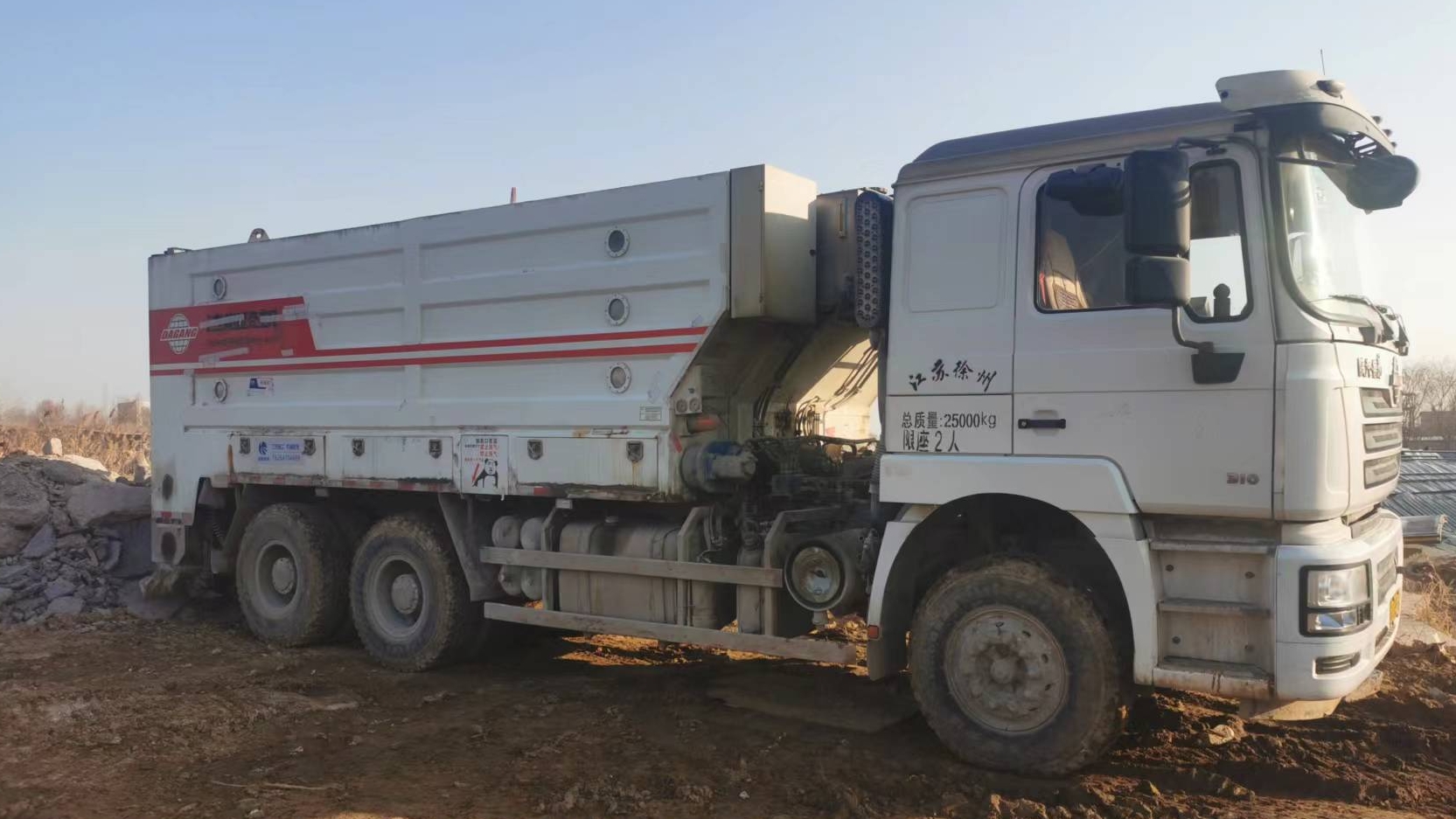
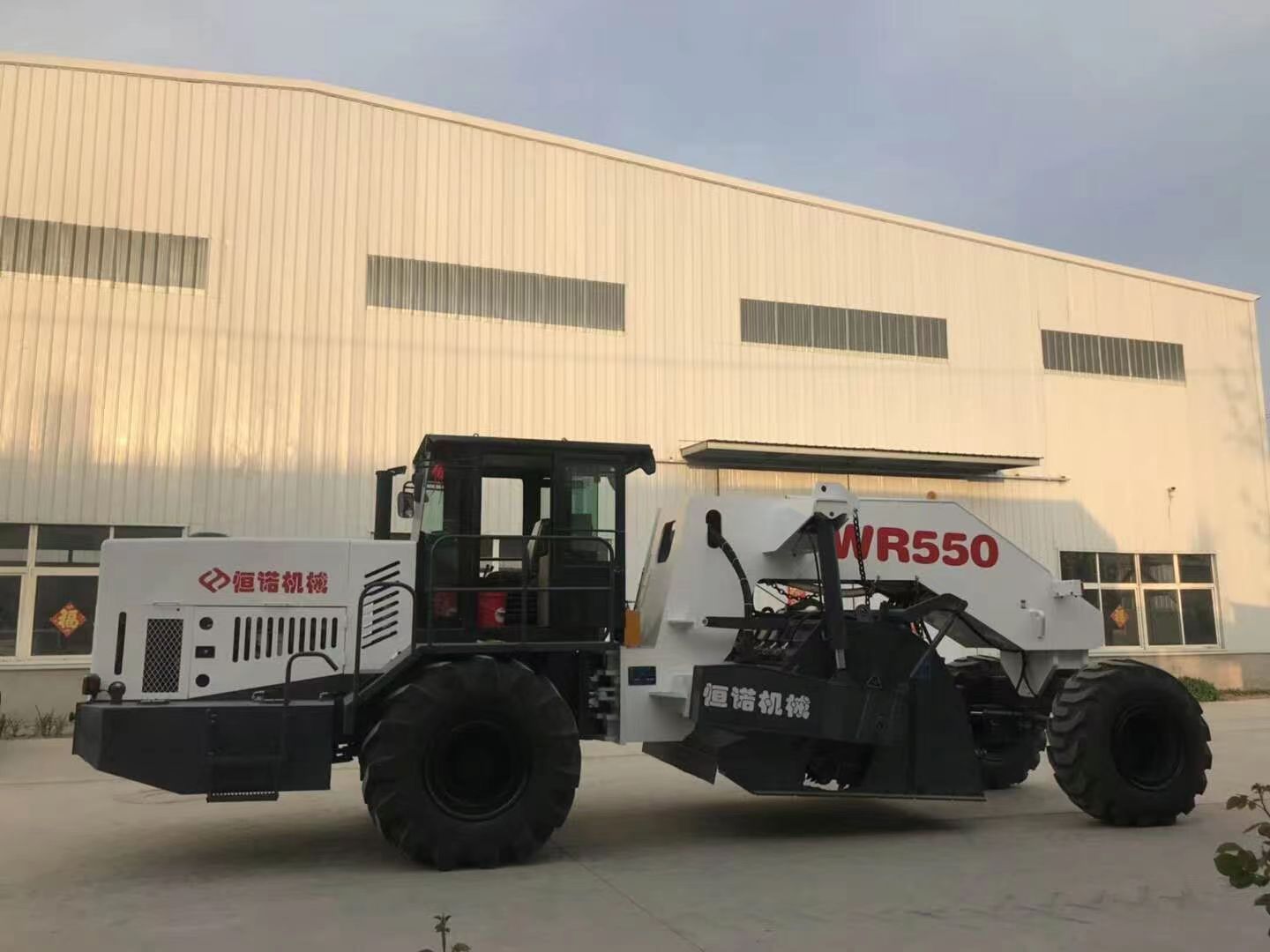
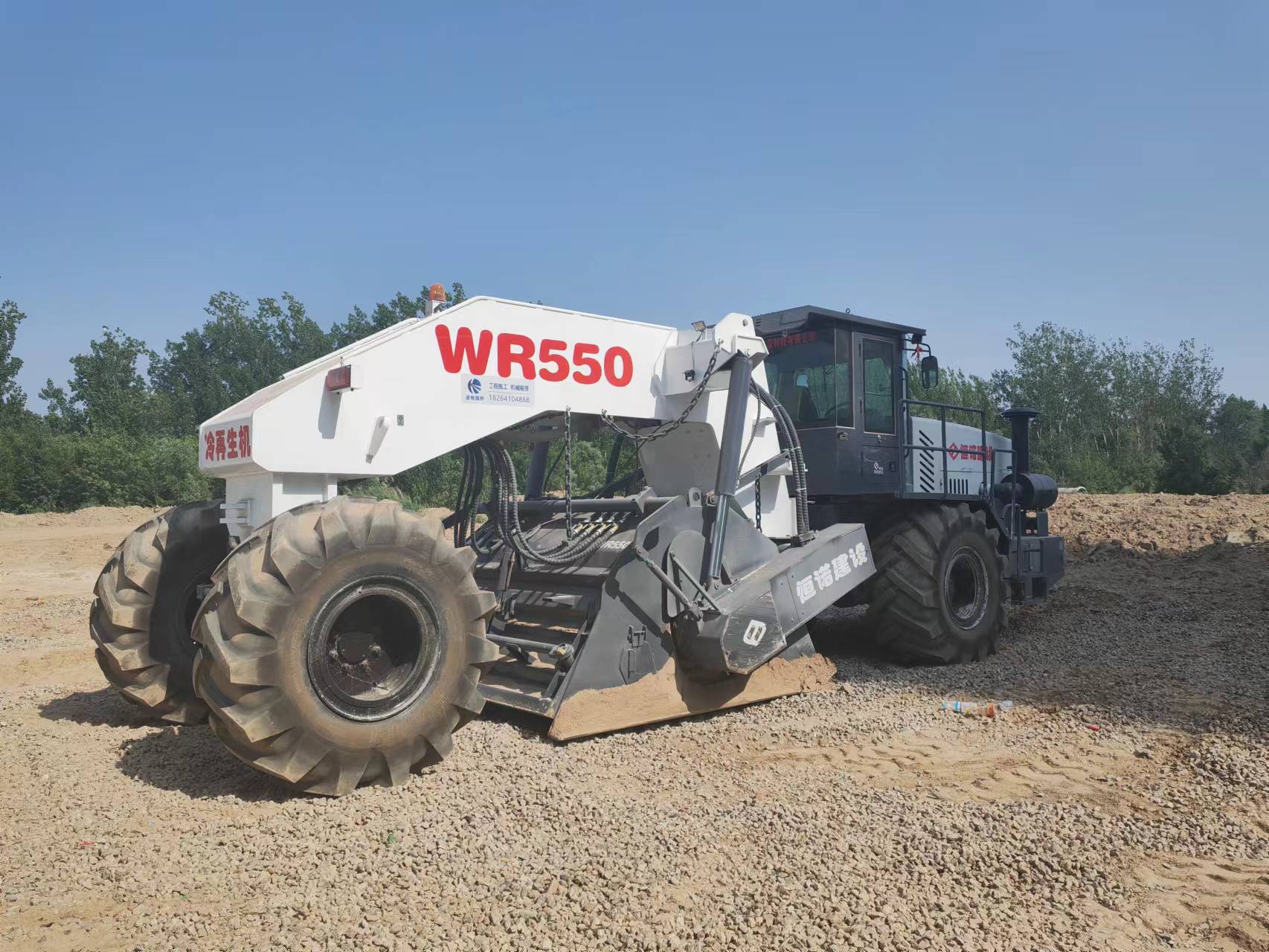
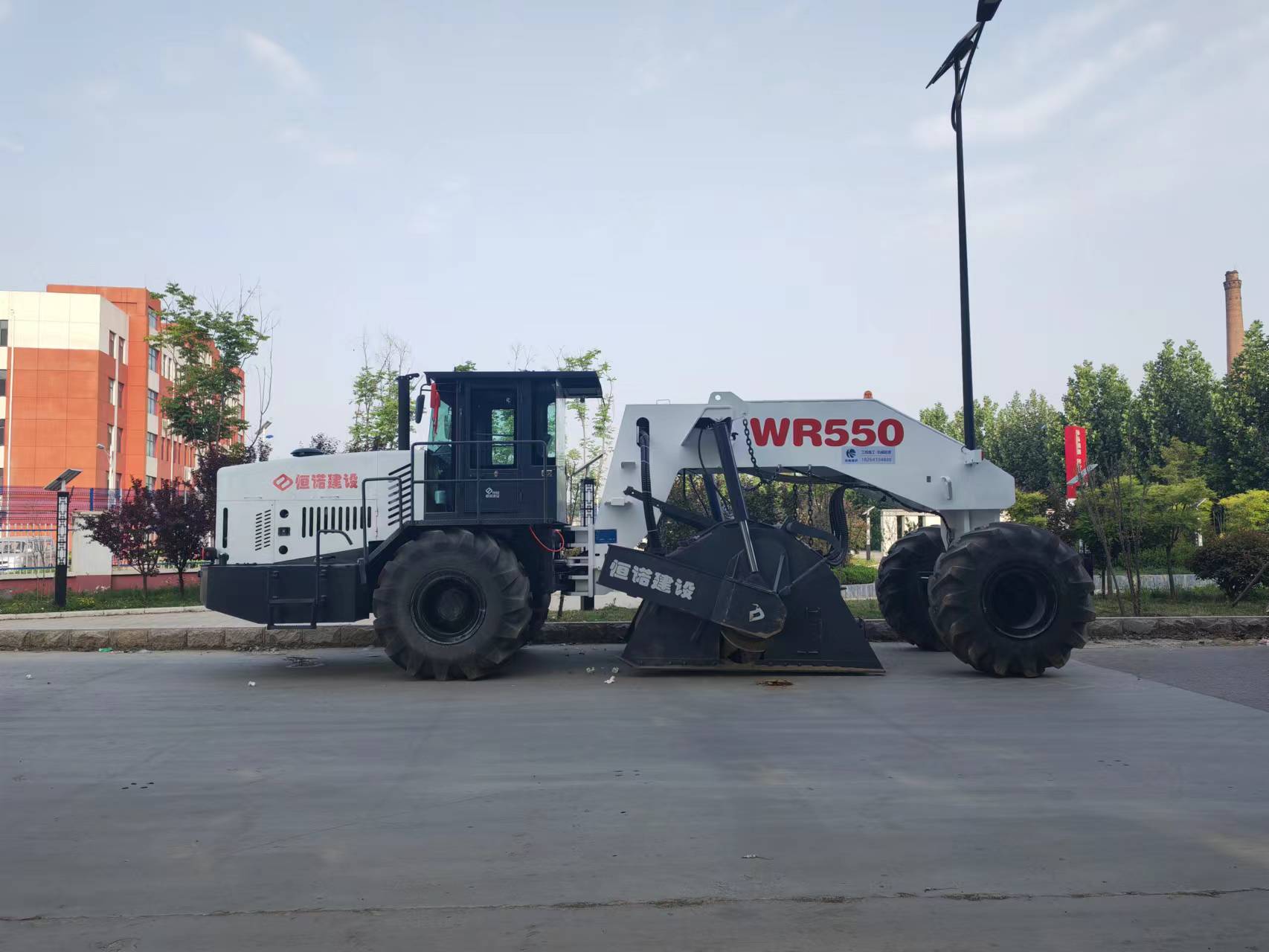
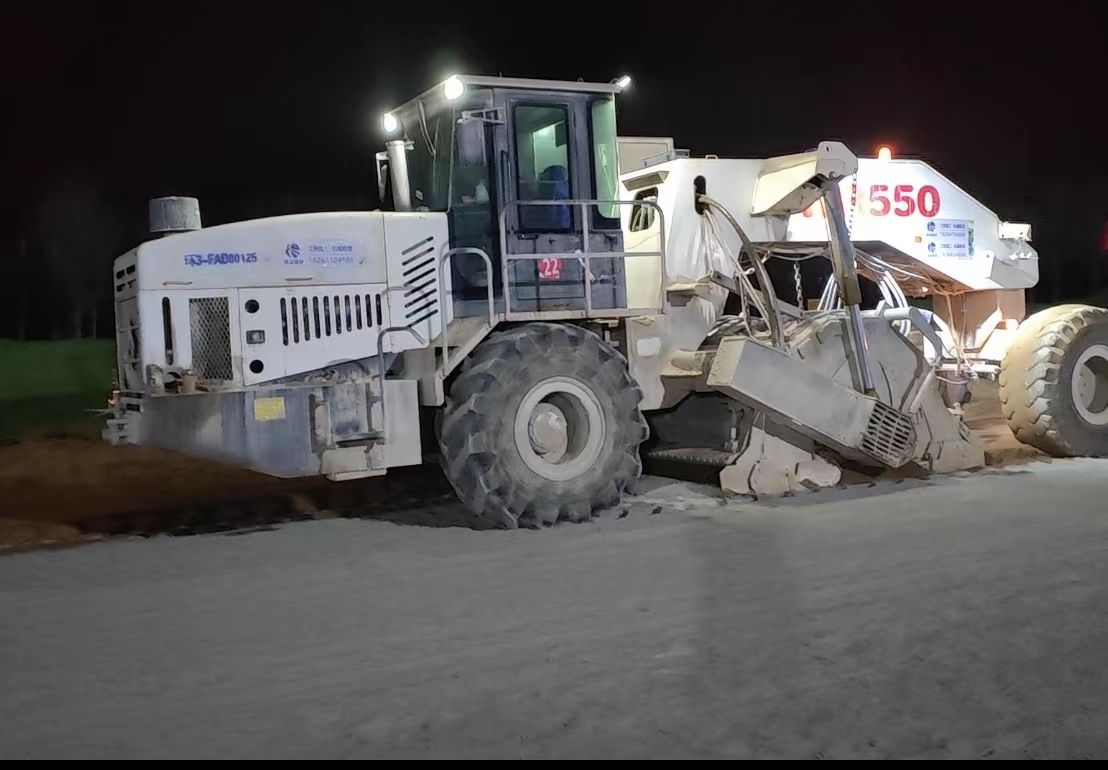
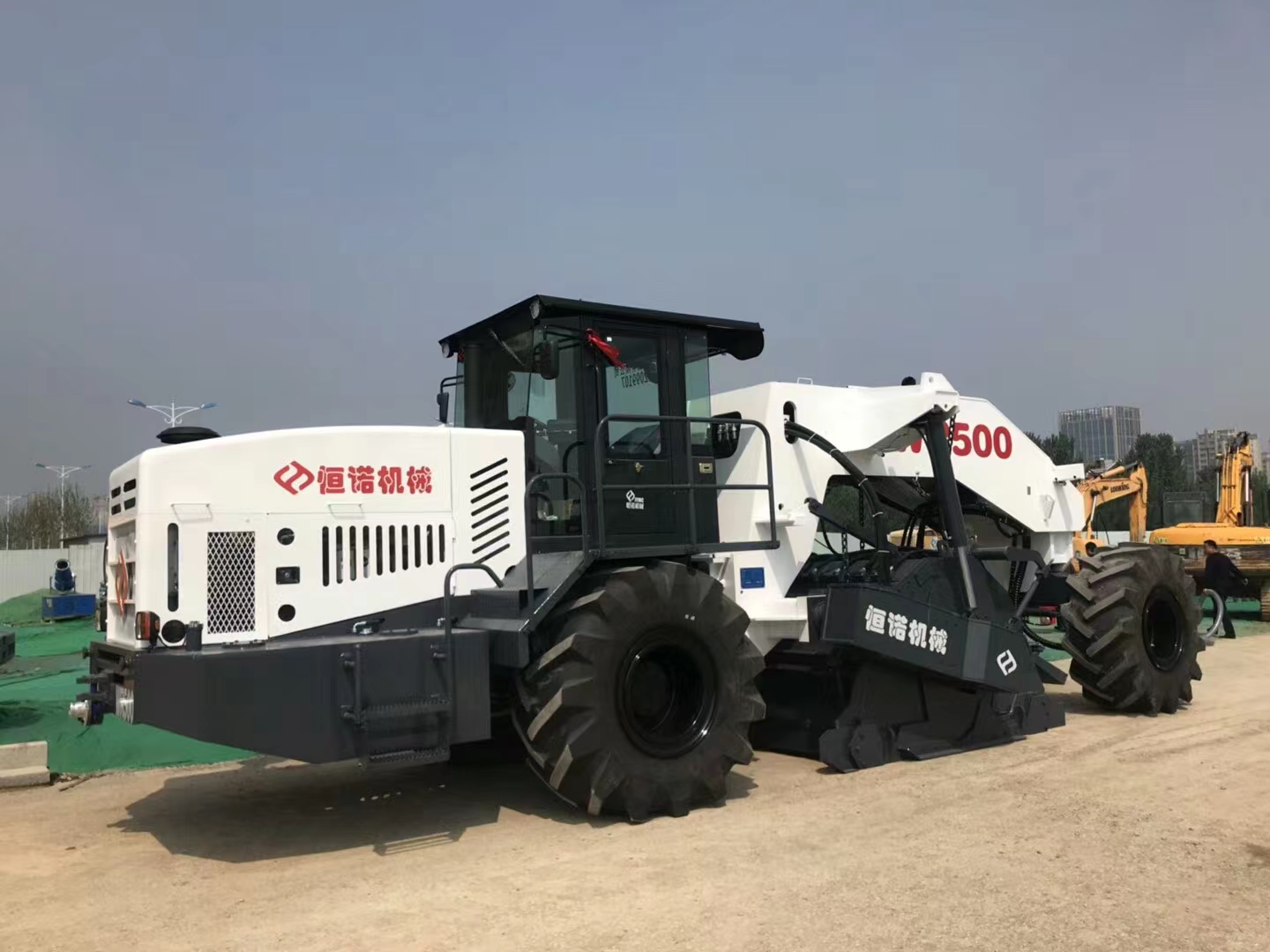
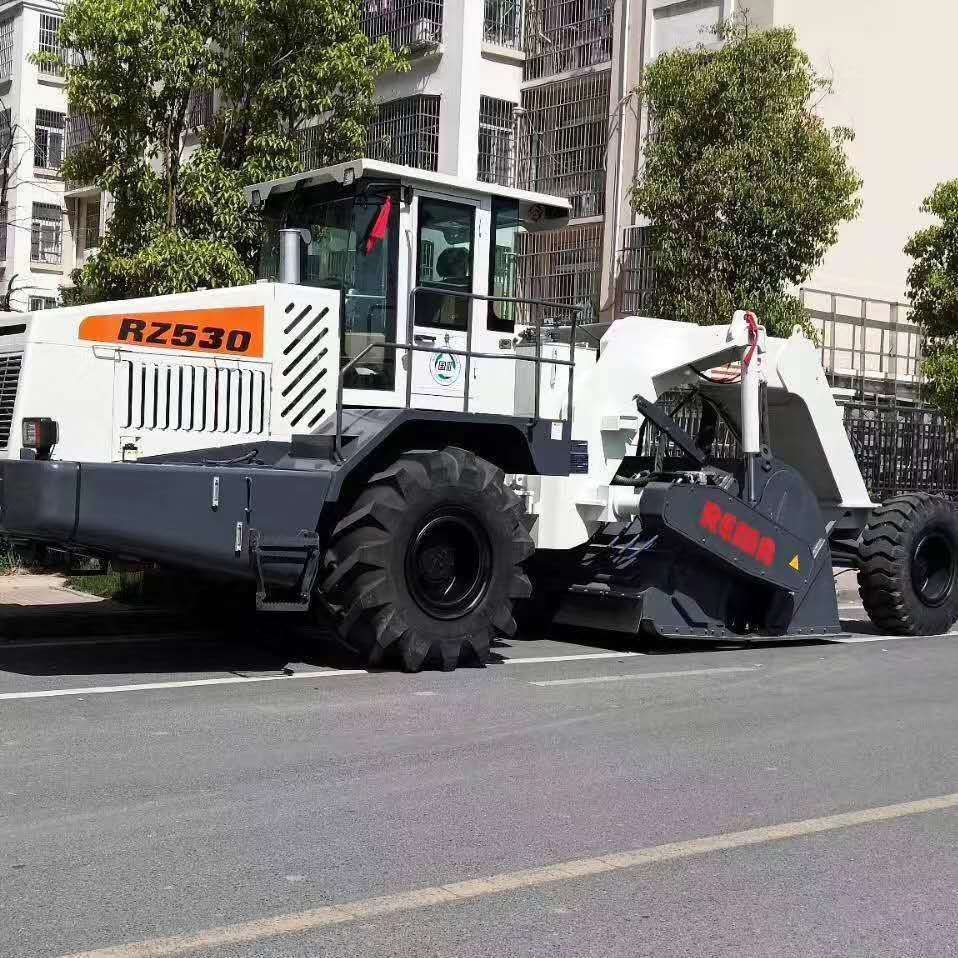
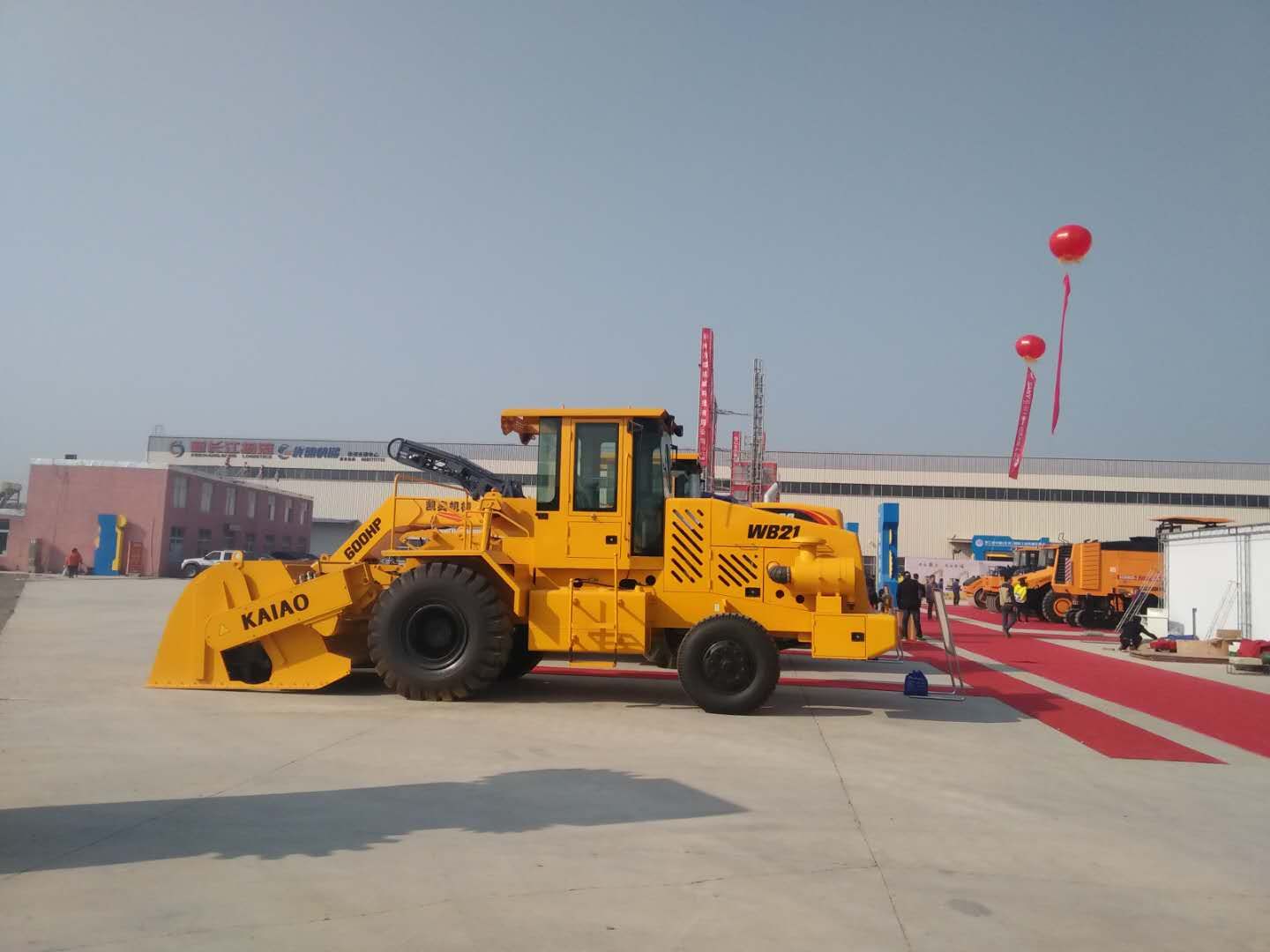
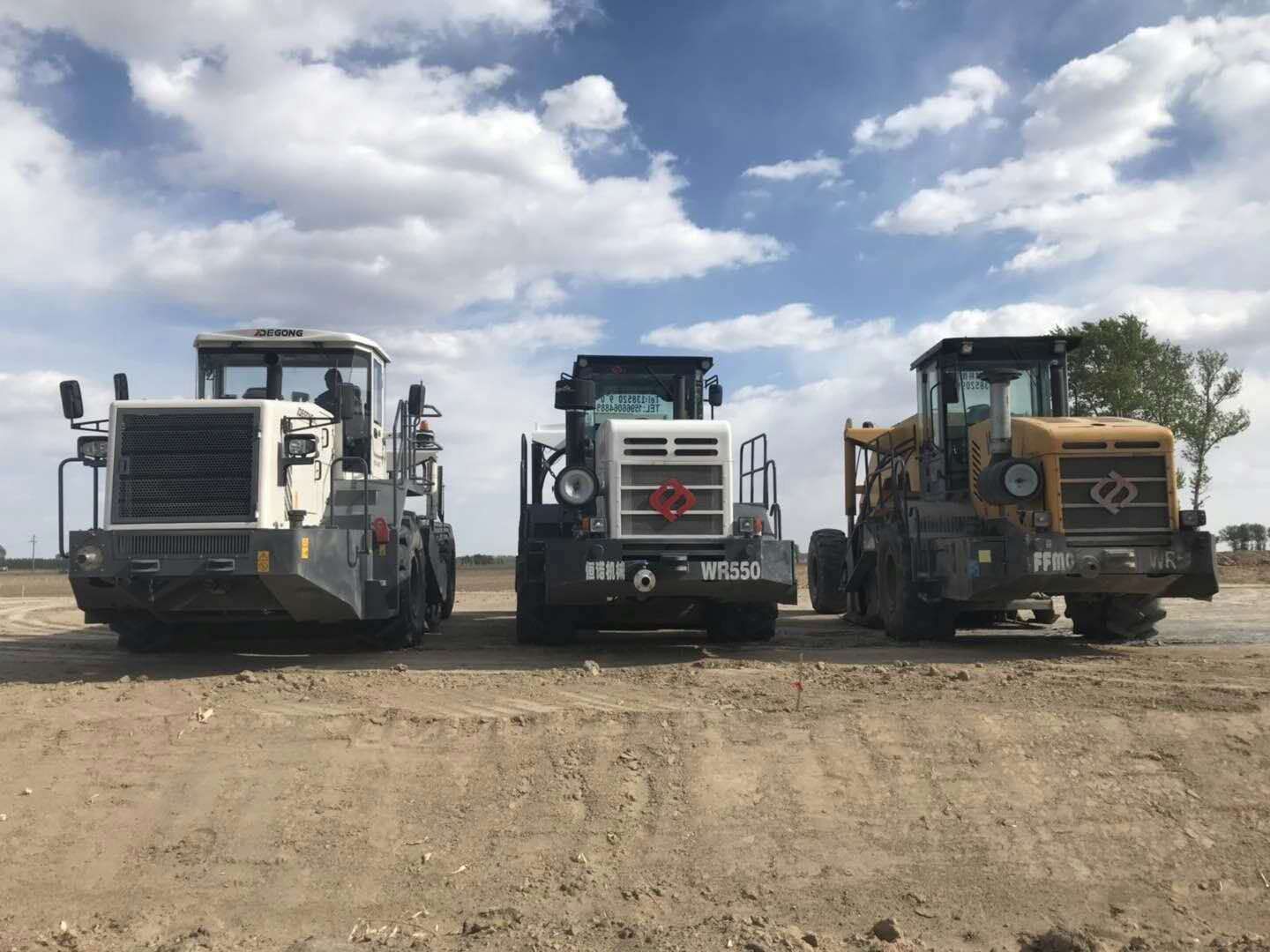
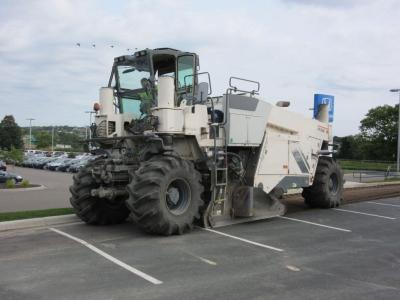
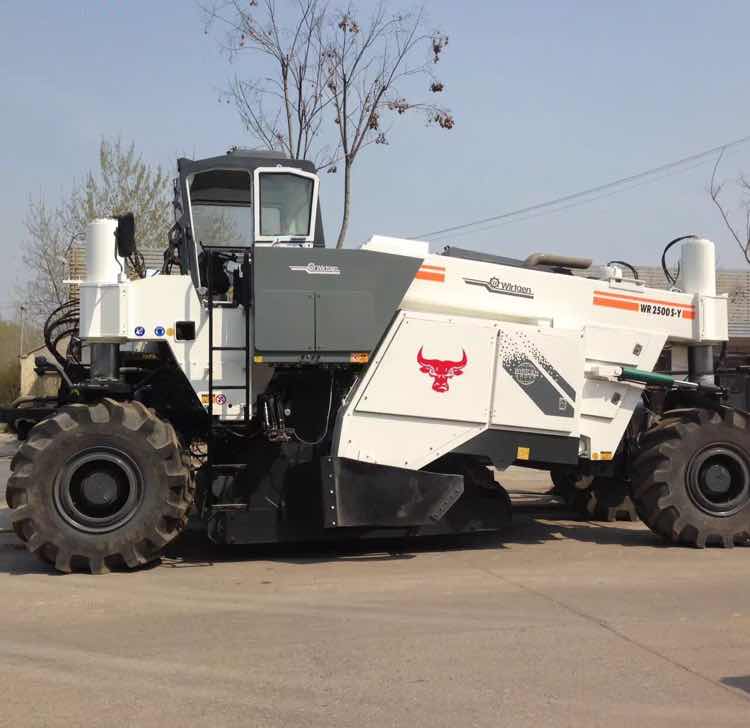
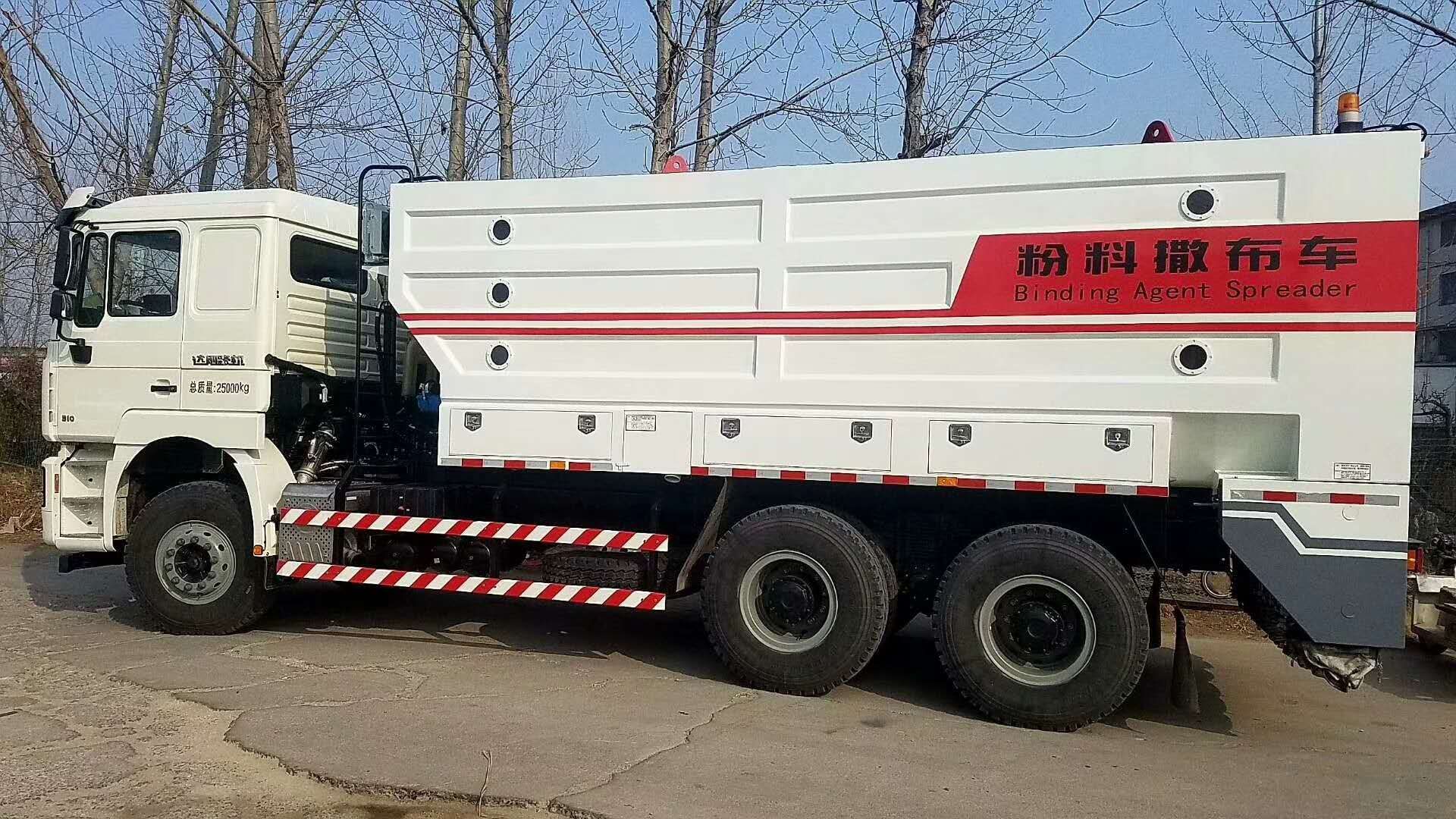
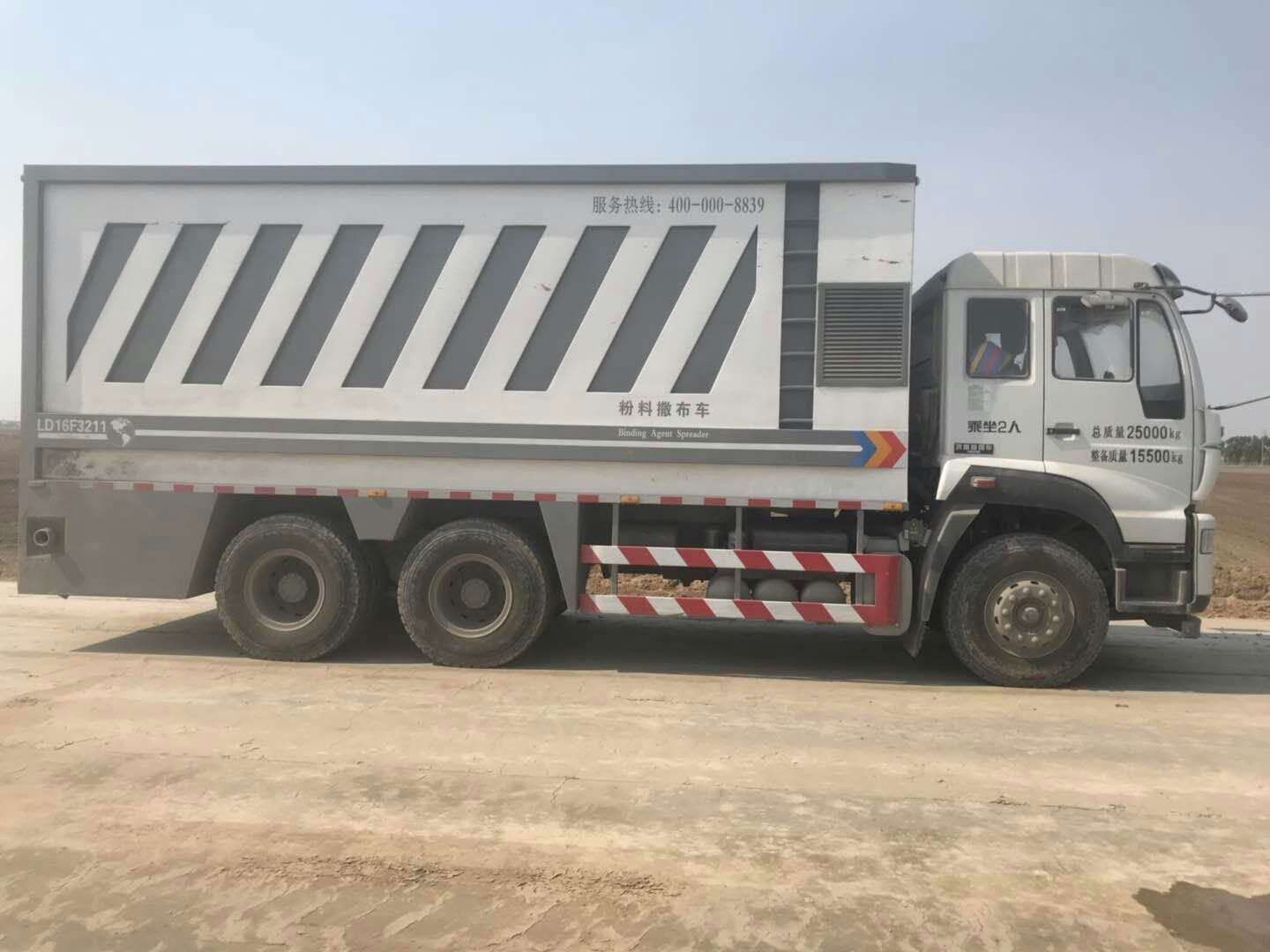
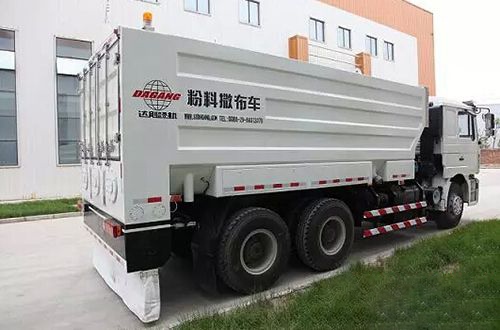
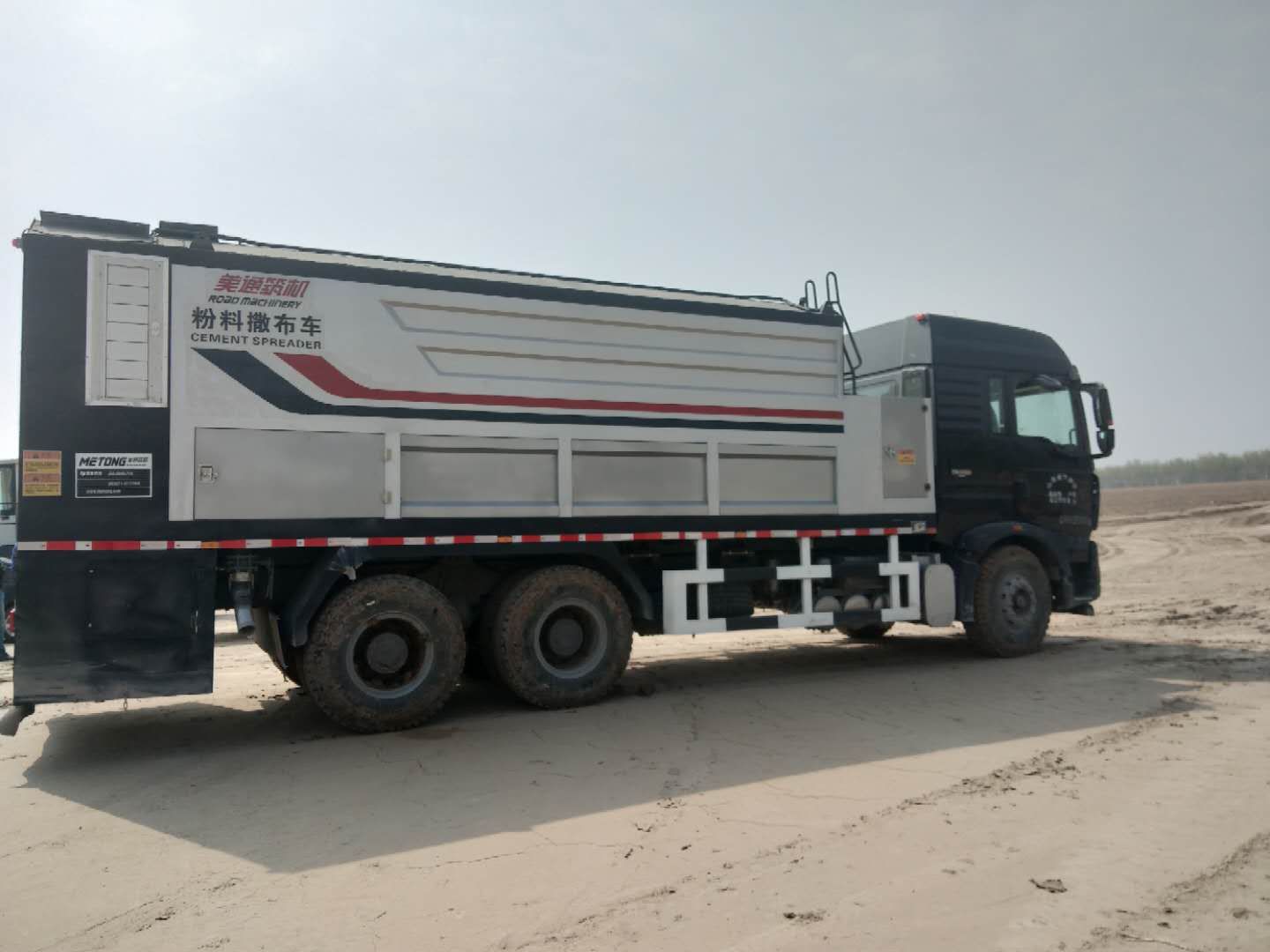
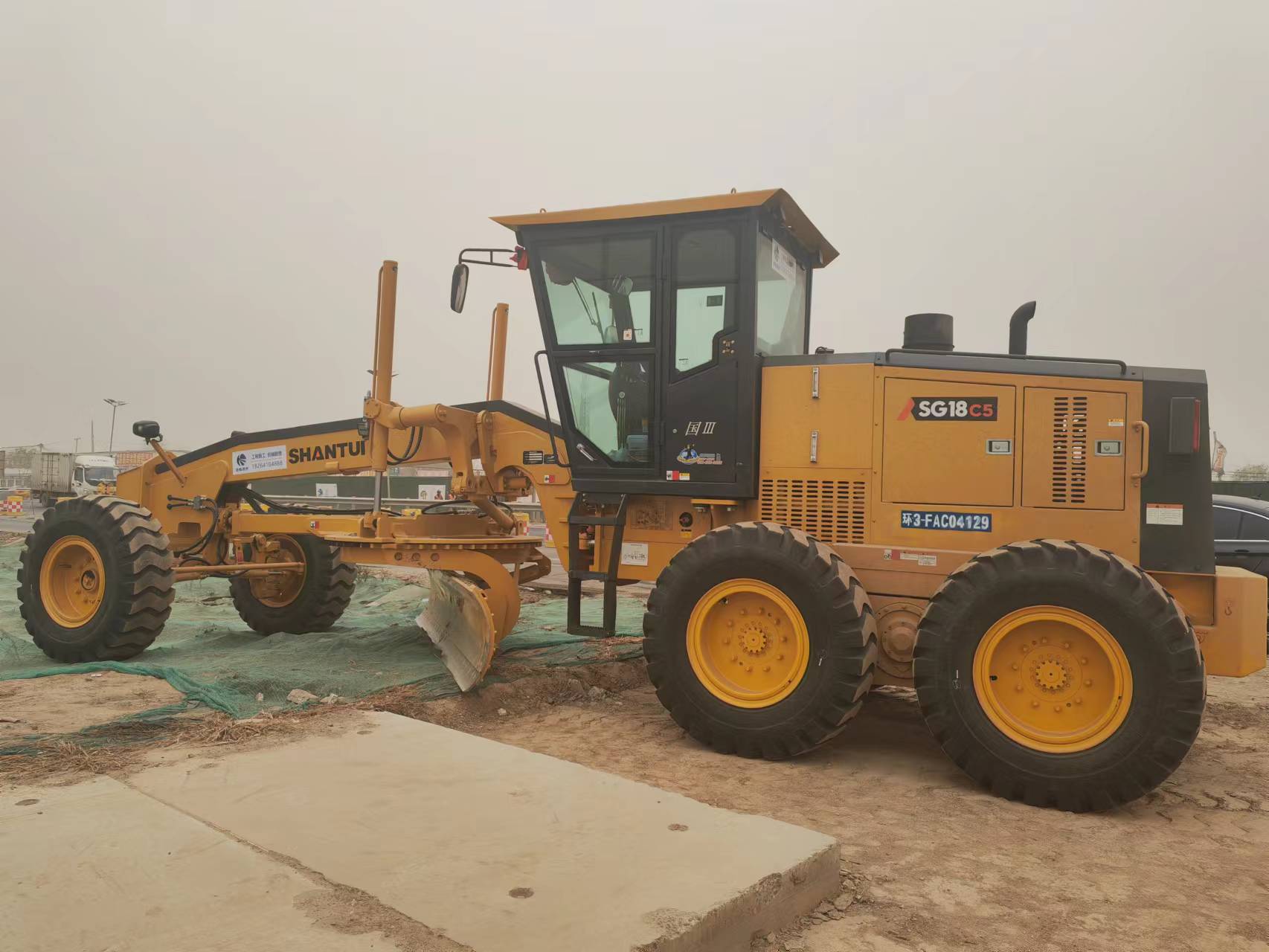
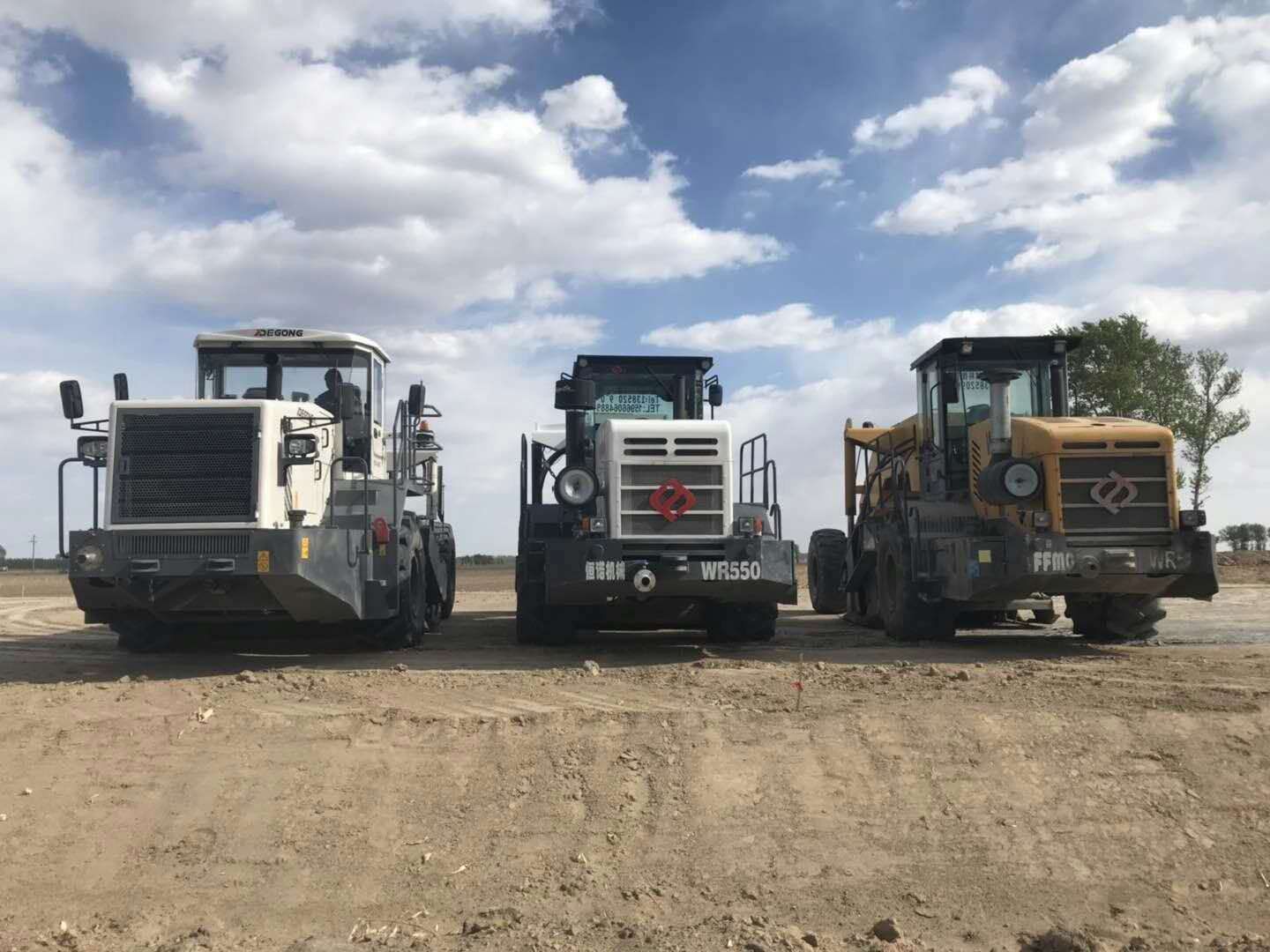
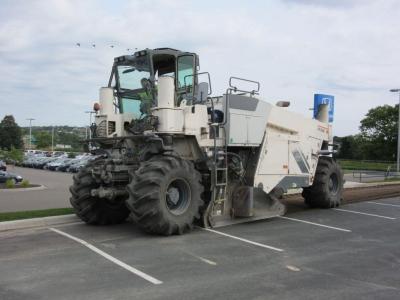




 公司地址:濟南市槐蔭區(qū)經(jīng)一路273號群盛華城2號樓1-404
公司地址:濟南市槐蔭區(qū)經(jīng)一路273號群盛華城2號樓1-404 公司名稱:山東途暢路橋工程有限公司
公司名稱:山東途暢路橋工程有限公司  備案號:
備案號: